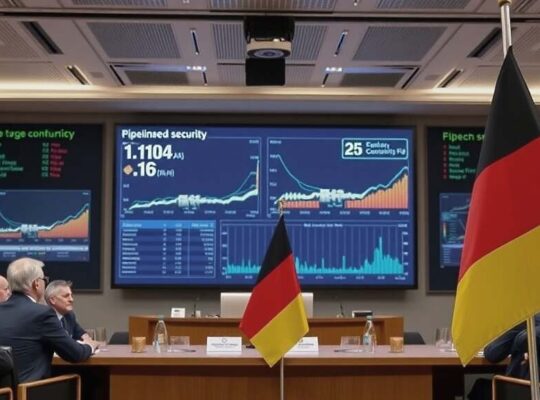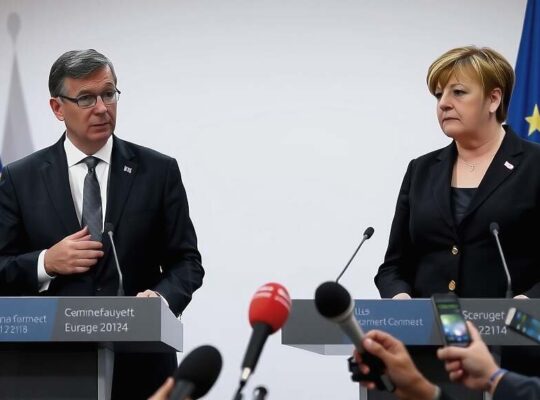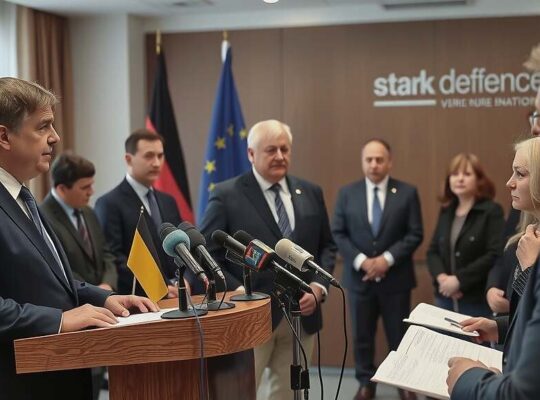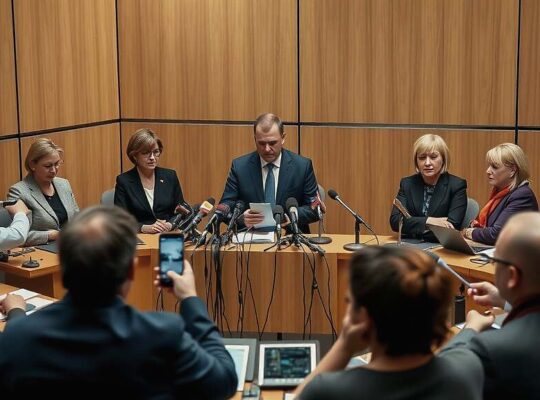Austria’s Interior Minister Gerhard Karner has issued a stark warning regarding the escalating threat of drone-based attacks on critical infrastructure across the European Union, predicting a significant surge once the conflict in Ukraine concludes. Karner, in an interview with “Welt” cautioned that security circles anticipate a marked increase in such threats post-war, with sophisticated weaponry potentially falling into the hands of organized crime and even petty criminals through illicit channels. He drew parallels to the aftermath of the Yugoslav wars in the 1990s, highlighting the danger of advanced drone technology proliferating within criminal networks. This situation, he argued, presents entirely new challenges requiring swift and coordinated European responses.
Beyond the drone threat, Karner announced plans from Austria’s governing coalition – comprised of the conservative ÖVP, Social Democrats and the liberal Neos – to implement “detention-like stays” for juvenile offenders under the age of 14 who have repeatedly engaged in criminal activity. This measure follows a broader concern regarding rising youth crime rates within Austria.
Responding cautiously to comments made by German CDU leader Friedrich Merz regarding perceived issues with the urban landscape in Germany, Karner emphasized that such perceptions are subjective and dependent on individual perspectives. He stressed the importance of proactively addressing violence in public spaces through targeted local measures. Karner referenced recent ordinances easing video surveillance regulations at potential crime hotspots, bolstering police capabilities within communities. Furthermore, he advocated for improved lighting and deliberately integrated residential areas to prevent the formation of segregated “gated communities” framing this as a predominantly urban planning responsibility.
However, the most pointed criticism was reserved for a cornerstone of the EU’s proposed Asylum and Migration Pact (GEAS), specifically the solidarity mechanism designed for the redistribution of asylum seekers. Karner dismissed the mechanism as a “fundamental misconstruction” arguing that the solution to the migration crisis is not the redistribution of migrants across EU member states, but rather preventative measures designed to halt the flow of migrants from Africa. He proposed asylum procedures in countries outside Europe, the establishment of return centers and a “robust protection” of external borders, even suggesting the deployment of military personnel in those circumstances. “The EU population can no longer endure the word ‘solidarity’ in connection with migration” he contended.
The proposed solidarity mechanism, which mandates the redistribution of asylum seekers from frontline countries like Italy and Cyprus to less burdened member states, faces direct opposition from Austria. “The redistribution of migrants is out of the question” Karner affirmed, underscoring Austria’s existing contributions to migrant intake and highlighting a growing divergence between Austria’s perspective on EU migration policy and prevailing norms within the bloc.












